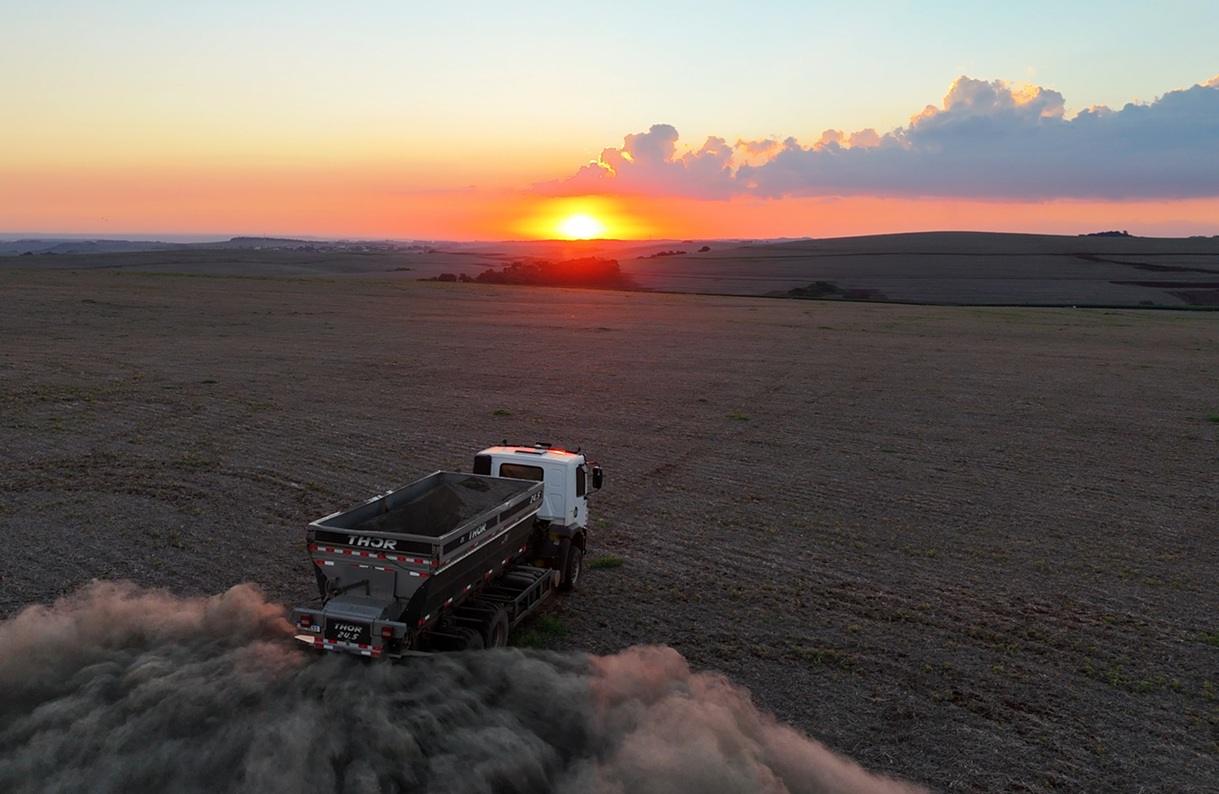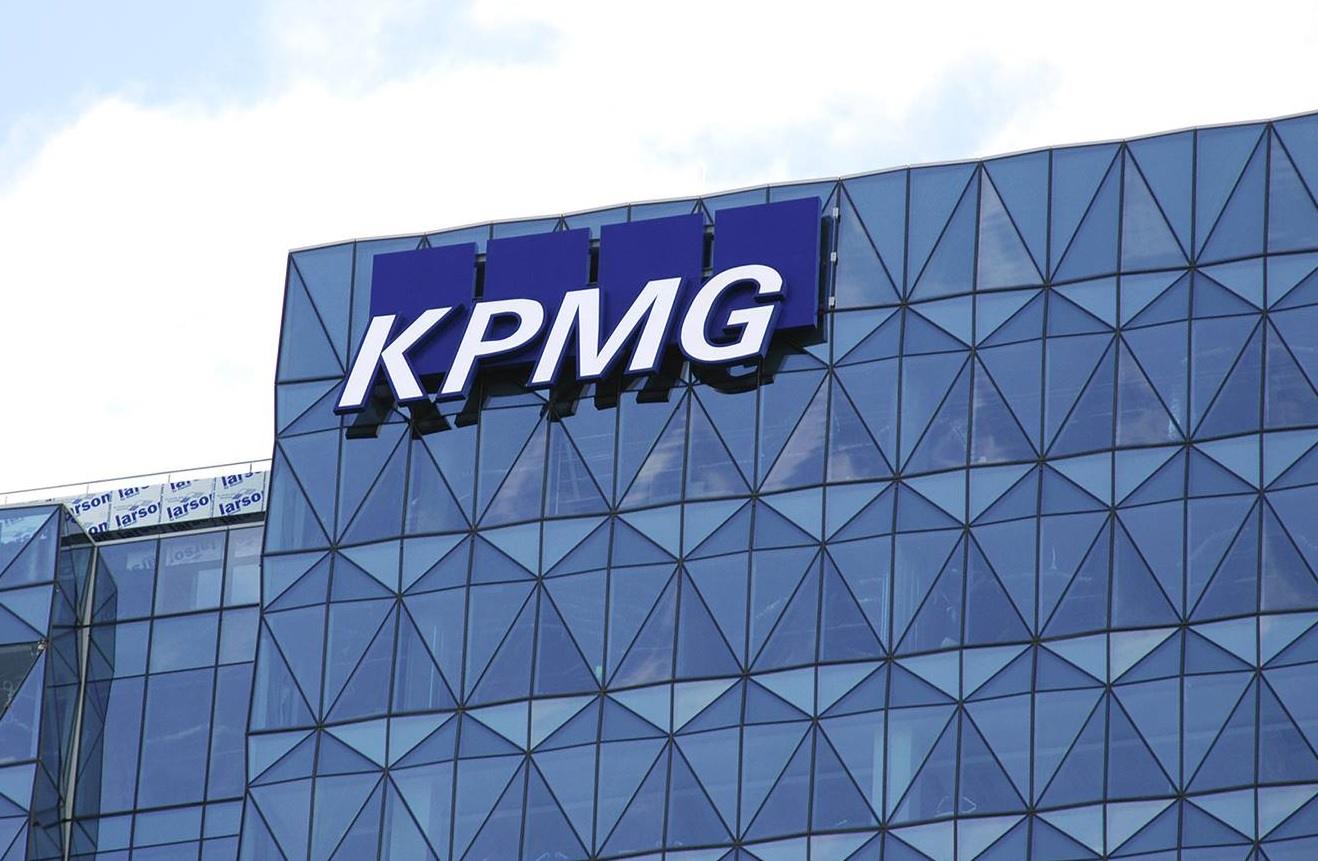Microsoft Signs Deal to Remove Carbon, Fund Research into Impact of Enhanced Rock Weathering
Enhanced rock weathering (ERW) startup Terradot announced a new agreement with Microsoft for the purchase of 12,000 tons of carbon removal between 2026 – 2029 from its new ERW projects in Brazil, and helping to fund research into the impact of ERW carbon removal.
Founded in 2022, Terradot provides a carbon removal solution based on transforming the natural process of rock weathering. The company’s solution speeds up the natural process through which CO2 from rainwater is locked into rocks over time, by crushing basalt rock and spreading it over vast areas of farmlands, with an additional benefit of improving soil health at the same time. Terradot is currently establishing operations in Brazil, which it has said is an optimal location due to a combination of tropical soils, strength in agriculture, and 93 percent clean electricity matrix. The company is anticipating delivering the first carbon removal credits from its projects in Brazil in late 2025.
In late 2024, Terradot announced that it had raised more than $58 million in a funding round, and signed 300,000 tonnes of carbon removal purchase agreements with Google and Frontier.
James Kanoff, CEO of Terradot, said:
“This agreement with Microsoft represents a critical step forward in our mission to transform Enhanced Rock Weathering into a cornerstone of global carbon removal efforts. Beyond purchasing carbon removal credits, Microsoft is investing in the scientific research needed to build confidence in ERW and dramatically improve the accuracy of measurement, reporting, and verification.”
According to the companies, the new agreement will support a research program aimed at building scientific confidence in ERW as a trusted carbon removal method, and developing a more scalable, cost-effective measurement approach for future deployments. Terradot said that the scientific monitoring will go beyond current registry protocols, to explore how ERW impacts natural systems through enhanced sampling density and advanced water system and watershed monitoring, improving carbon cycle analysis and advancing models used in ERW validation.
The agreement marks the latest in a series of carbon removal agreements for Microsoft, including an ERW deal by the company in September 2024, forming part of the company’s initiative to become carbon negative by 2030.
Brian Marrs, Senior Director, Energy & Carbon Removal at Microsoft, said:
“This deal advances Microsoft’s interest in exploring under what conditions Enhanced Rock Weathering can safely become a cost-effective, scalable source of high-quality carbon removal. Improving soils – both through conservation practices and addition of alkaline rocks – has the potential to deliver real benefits to farmers in addition to the climate.”





